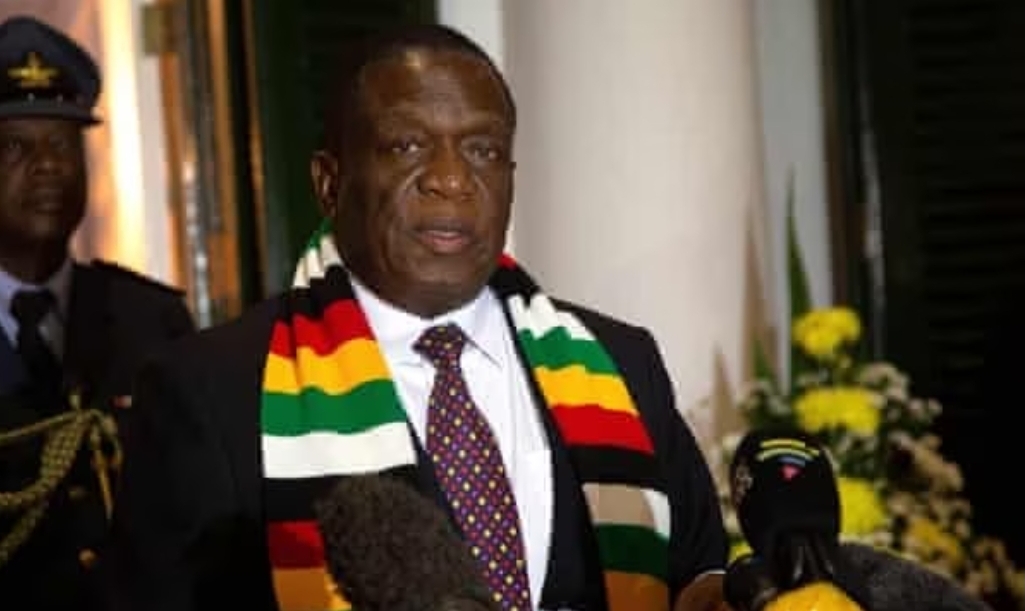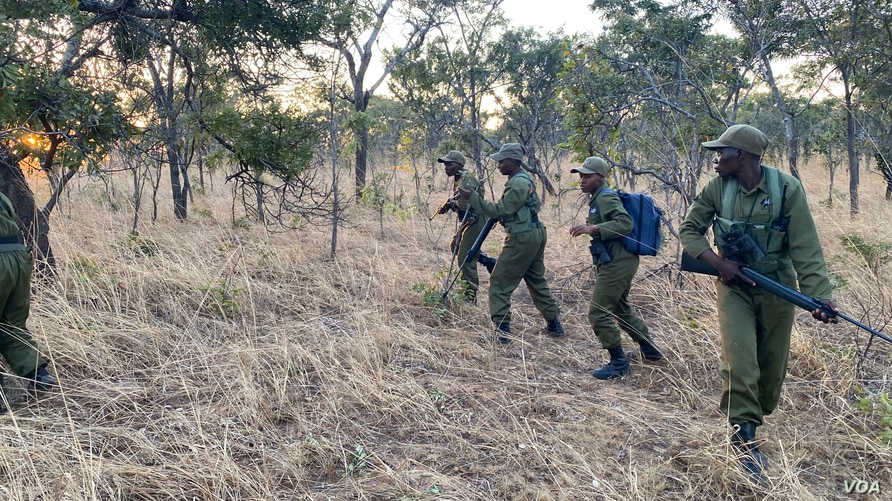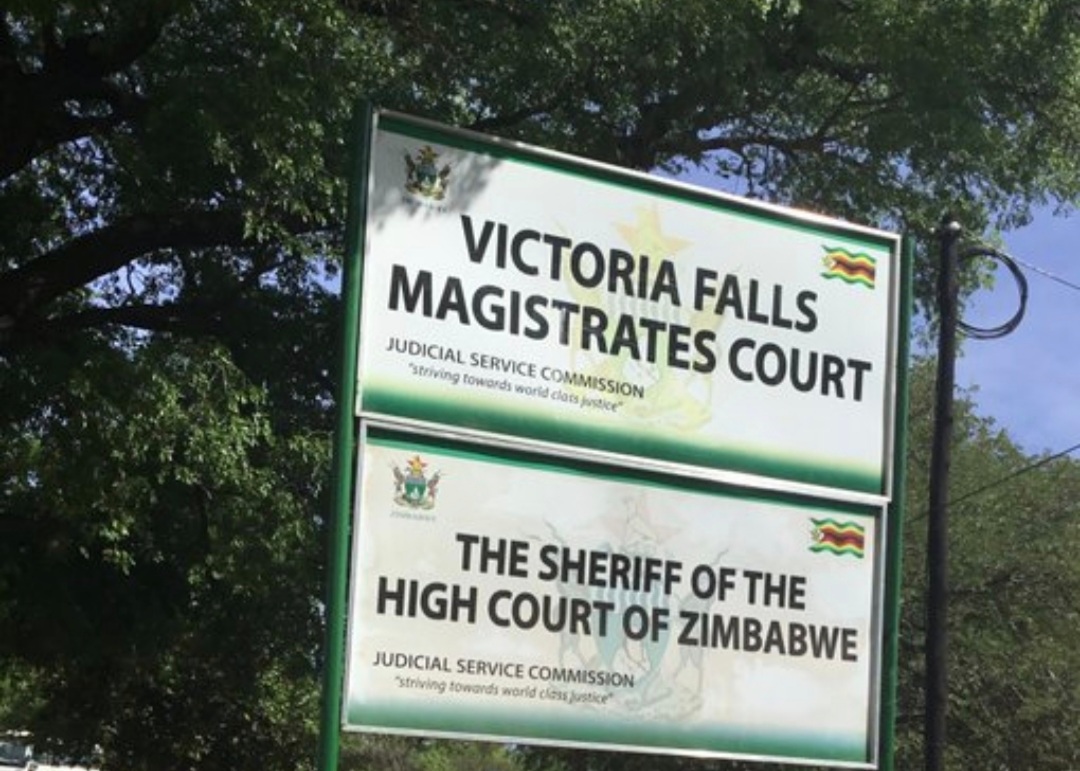HARARE – Zimabwe’s upcoming presidential election and compensation of white farmers whose land was seized two decades ago are key to efforts to restructure its crippling debt, the African development bank chief said Monday.
African Development Bank (AfDB) president Akinwumi Adesina and Mozambique’s ex-president Joaquim Chissano, are leading efforts to help Zimbabwe re-engage with the West to clear its US$8.3 billion bilateral and multilateral debt.
“The success of the efforts we have all put into this process will depend on what happens with the upcoming presidential elections,” Adesina said at debt resolution talks with President Emmerson Mnangagwa in Harare.
He said the international community will be “watching very closely” the vote.
“The full weight of re-engagement with the international community will depend on this… (and) the entire electoral process that guarantees a credible election”.
“Success on the political and electoral reforms, and a free and fair election, are crucial to clear the pathway towards arrears clearance and debt resolution for Zimbabwe,” he added.
Rights groups and opposition parties have complained of a clampdown ahead of elections, whose date is yet to be set.
Chissano, a respected statesman said holding “free and fair elections” and settling the issue of compensation for white former commercial farmers were among “low-hanging fruits” in advancing dialogue with the West and international financial institutions.
“Harvesting these low-hanging fruits is critical as they are likely to trigger decisive action towards arrears clearance and debt resolution,” he said.
Chissano and Adesina last week met members of the US Congress, State Department, Treasury among other agencies to discuss Zimbabwe.
Adesina revealed that the AfDB is working with Zimbabwe to develop “innovative financial instruments and structures that can be used to front-load the mobiliSation of the US$3.5 billion for compensations”, without getting into further debt.
“It is important that we find a mechanism to try to fast-track…the payment of these compensations”.
Zimbabwe’s late ex-president Robert Mugabe launched land reforms in 2000, grabbing white-owned farms to reverse a historical land ownership imbalance that favoured the white minority population.
More than 4,000 of Zimbabwe’s 4,500 white commercial farmers were evicted from their properties, which were given to black tenants.
But in 2020 Mnangagwa, who succeeded Mugabe following a military-led coup, signed a US$3.5 billion deal with dispossessed farmers to compensate them for infrastructure developments on their former land. – Eyewitness News

 Slider3 years ago
Slider3 years ago
 National4 years ago
National4 years ago
 Opinion3 years ago
Opinion3 years ago
 Tourism and Environment4 years ago
Tourism and Environment4 years ago
 National2 years ago
National2 years ago
 National3 years ago
National3 years ago
 National2 years ago
National2 years ago
 National4 years ago
National4 years ago



